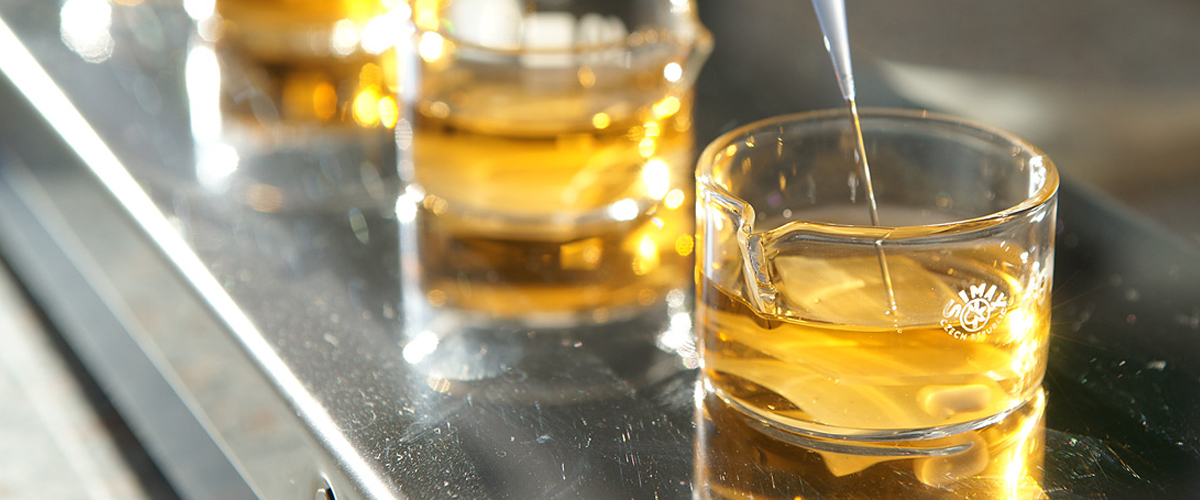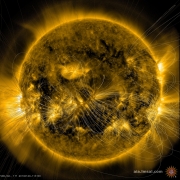Crossborder Study
- Hits: 5101
doc. RNDr. Petr Jelínek, Ph.D.
Vice-dean for development and international relations
+420 38 777 6261
+420 603 564 559
or via MS Teams
Radka Bunešová
Project Manager
+420 38 777 5562
or via MS Teams
Radka Jezdinská
Project Manager
+420 38 777 5576
or via MS Teams
Renata Krinesová
Project Manager (parental leave)
+420 38 777 5576
+420 725 107 322
Tomáš Mozga
Project Manager (parental leave)
+420 38 777 5562
+420 776 030 294
or via MS Teams
Vladimír Nousek
Financial Manager
+420 38 777 5562
+420 602 438 072
Eva Smolková
Project Manager
+420 38 777 5562
+420 771 171 051
| prof. RNDr. František Vácha, Ph.D. |
| prof. RNDr. Pavel Drábek, DrSc. | Faculty of Applied Sciences, University of West Bohemia, Pilsen | |
| prof. RNDr. Petr Horák, Ph.D. | Faculty of Science, Charles University, Prague | |
| Mgr. Zdeněk Kaplan, Ph.D. | Institute of Botany of the Czech Academy of Sciences, Průhonice | |
| prof. RNDr. Milan Kodíček, CSc. | Faculty of Food and Biochemical Technology, University of Chemistry and Technology, Prague | |
| prof. RNDr. Adam Petrusek, Ph.D. | Faculty of Science, Charles University, Prague | |
| prof. Ing. Bohdan Schneider, CSc., DSc. | BIOCEV, Vestec | |
| prof. Mgr. Miroslav Šálek, Dr. | ČZU Praha |

Chemistry seminars - schedule
Information about the Rector's and Dean's awards, notable student awards, outstanding undergraduate work, and a list of Chemistry Department graduates.
Information about undergraduate programs (Chemistry, Biological Chemistry, Chemistry for Education) with the possibility of follow-up master's degrees.
Information about the Master's programs (Environmental Chemistry, Biochemistry, Biological Chemistry, Chemistry for Educationfor Secondary Schools).
Information about doctoral programs (Doctor of Natural Sciences RNDr. - Biochemistry).
Brief information for applicants to Biological Chemistry study programmes
Click the "Read more" button
Click the "Read more" button

Modelling of physical processes on computers links theoretical knowledge with experimental observations.
We use equilibrium and non-equilibrium molecular dynamics (MD) to study interactions of molecules. Students study interactions of molecules with surfaces and adsorption of molecules, structure, dynamics and interactions of nucleic acids oligonucleotides and their building blocks.
When needed, these simulations are combined with ab initio quantum calculations, which yield interaction parameters used subsequently in molecular simulations of systems of sizes typically from thousands to hundred of thousands of atoms.
The results of simulations are being compared with theory (theory of electric double-layer), experiments (X-ray diffraction, surface titration, adsorption experiments, second harmonics generation) and quantum calculations (ab initio calculations, quantum dynamics).
 |
 |
 |
“Molecular simulations of processes at solid-liquid interfaces”, project LTAUSA17163, INTER-EXCELLENCE (INTER-ACTION), collaboration with Oak Ridge National Laboratory (USA), 2017-2021
Research team:
doc. RNDr. Milan Předota, Ph.D.
doc. Mgr. Martin Kabeláč, Ph.D.
Ing. Ondřej Kroutil, Ph.D.
MSc. Babak Minofar, Ph.D.
Mgr. Zdeněk Chval, Ph.D.
MSc. Denys Biriukov - Ph.D. researcher, former doctoral student (biophysics)
Mgr. Lydie Plačková - Ph.D. student (biophysics), researcher
Bc. Patrik Musil - master student
Foreign partner:
Andrew G. Stack, Oak Ridge National Laboratory and members of his team: Hsiu-Wen Wang, Nikhil Rampal
Recent project:
“Molecular description of phenomena in electrical double layer - prediction and interpretation of experimental data by computer simulations”, standard project, Czech Science Foundation, 17-10734S, 2017-2019
Research team:
doc. RNDr. Milan Předota, Ph.D.
Ing. Ondřej Kroutil, Ph.D.
MSc. Denys Biriukov - Ph.D. student (biophysics), researcher
Mgr. Pavel Fibich, Ph.D. - IT support.
Our numerical simulations are based on the solutions of magnetohydrodynamic (MHD) equations. In this case we simulate the plasma processes from macroscopic point of view, i.e. plasma is described as the conductive fluid. Our main scientific interest is focused on the problems related to the coronal heating, especially the plasma waves and oscillations which could significantly contribute to the heating of higher parts of solar atmosphere.
 |
|
For computationally extensive physical and biophysical simulations we use two local computer clusters and national computational Metacentrum
11 machines in a rack, each 2x Quad Core Xeon E5345 @ 2.33 GHz, 16 GB RAM, 5 x 500 GB HDD, Debian GNU/Linux
This cluster is a member of Metacentrum, local users have privileged access..
7 PC , each Quad Core 2 Quad @ 3.0 GHz, 2 GB RAM, 500 GB HDD, SuSE 11 Linux + 2TB shared disk
1 PC Intel(R) Core(TM) i5-2310 CPU @ 2.90GHz, 500 GB HDD, SuSE 11 Linux, GPU GIGABYTE GTX 560 Ti Ultra Durable 1GB
Both clusters offer parallel environment for compilation and execution of multi-processor (multi-thread) tasks and are used in teaching of classes UFY/PPI Parallel programing, UFY/PFM Computational physics - Computer modeling, UFY/SIM1 Computer simulations in many body physics and UFY/SIM2 Advanced simulations in many body physics.
The main aim of the Laboratory of Acoustic and Electronics is the sound signal processing. We cooperate with colleagues of IT Institute (UAI) and Faculty of Education (PF).

We also focus on sound and building design. The sound analyzers Bruel &Kjaer 2250 are used as well as other supplementary tools.
Laboratory of Optical Spectroscopy ![]()
Labroatory of Plasma Physics and Nanostructures ![]()
Laboratory of nanomaterials physics